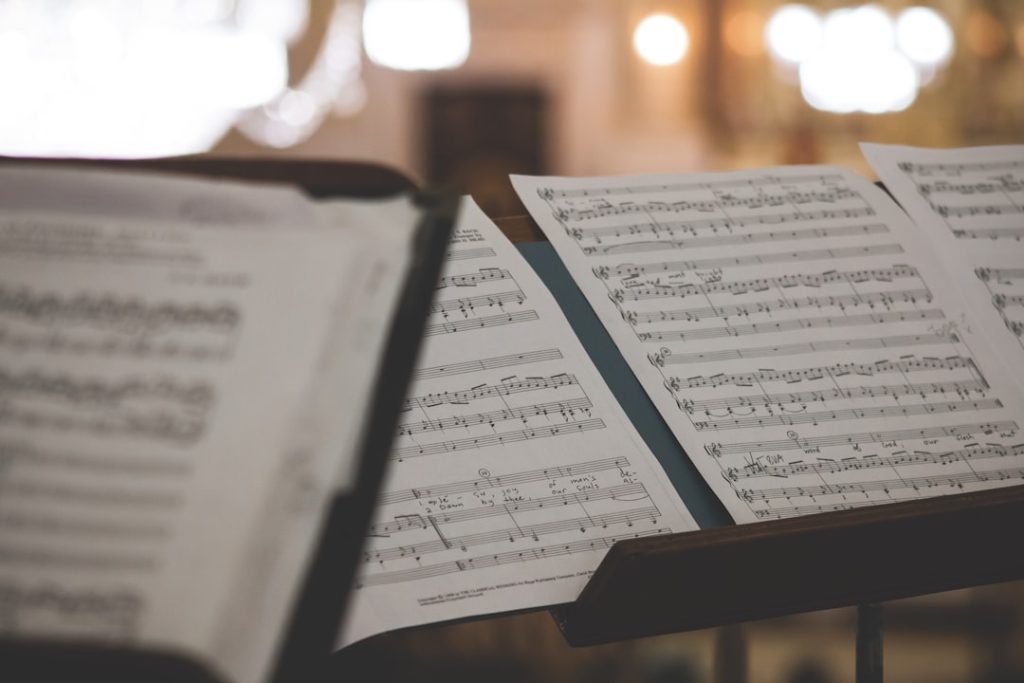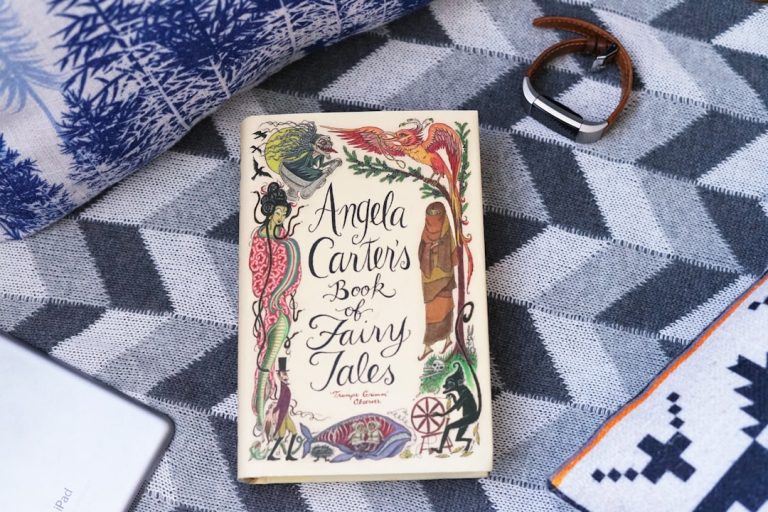
Metaphor and symbolism serve as the backbone of many song lyrics, allowing artists to convey complex emotions and ideas in a compact form. Through the use of metaphor, songwriters can create vivid imagery that resonates with listeners on multiple levels. For instance, Bob Dylan’s “Blowin’ in the Wind” employs metaphorical language to address profound social issues, such as peace and freedom.
The titular phrase itself suggests that answers to life’s pressing questions are elusive yet omnipresent, inviting listeners to reflect on their own understanding of these concepts. This technique not only enriches the lyrical content but also engages the audience’s imagination, prompting them to derive personal interpretations. Symbolism in song lyrics can also evoke a sense of universality, allowing listeners from diverse backgrounds to connect with the music.
Take, for example, the use of water as a symbol in various songs. In Joni Mitchell’s “River,” water represents both a longing for escape and a sense of emotional turmoil. The imagery of a river flowing away captures the essence of yearning and loss, making it relatable to anyone who has experienced heartache.
By employing such symbols, songwriters can transcend the limitations of literal language, crafting a tapestry of meaning that speaks to the human experience. This power of metaphor and symbolism not only enhances the aesthetic quality of lyrics but also deepens their emotional impact.
Key Takeaways
- Metaphors and symbolism in song lyrics can convey powerful emotions and messages, adding depth and complexity to the music.
- Songwriting often involves hidden meanings and messages that can be uncovered through careful analysis and interpretation of the lyrics.
- Song lyrics can provide a window into the emotional and psychological experiences of the songwriter, allowing listeners to connect on a deeper level.
- Culture and society play a significant role in shaping songwriting, influencing the themes, language, and messages found in lyrics.
- The relationship between music and lyrics is a complex and dynamic one, with each element influencing and enhancing the other in unique ways.
- Personal experiences often serve as a rich source of inspiration for songwriting, allowing songwriters to express their own stories and emotions.
- Different genres of music have their own unique approaches to songwriting and lyricism, reflecting the evolution of musical styles and cultural influences.
- Technology and social media have changed the way we interpret and engage with song lyrics, creating new opportunities for connection and discussion.
Uncovering Hidden Meanings and Messages in Songwriting
Songwriting often involves layers of meaning that may not be immediately apparent to the listener. Many artists embed hidden messages within their lyrics, using wordplay, allusions, and nuanced phrasing to convey deeper truths. For instance, in “American Pie,” Don McLean weaves a narrative that reflects on the cultural shifts in America during the 1960s.
This complexity invites listeners to engage with the song on a more analytical level, encouraging them to explore its multifaceted meanings. Moreover, the act of uncovering these hidden meanings can foster a deeper connection between the artist and the audience.
When listeners take the time to dissect lyrics, they often find personal relevance in the themes presented. For example, Fiona Apple’s “Criminal” delves into themes of guilt and self-awareness, with lines that reveal her internal struggles. The raw honesty in her lyrics resonates with those grappling with similar feelings, creating a sense of solidarity.
This process of interpretation not only enhances the listening experience but also allows for a dialogue between the artist and their audience, as fans share their insights and interpretations.
Exploring the Emotional and Psychological Depths of Song Lyrics

The emotional and psychological dimensions of song lyrics are often what make them resonate so deeply with listeners. Many songwriters draw from their own experiences, channeling their feelings into their work to create an authentic expression of human emotion. For instance, Adele’s “Someone Like You” captures the pain of heartbreak with haunting clarity.
The lyrics convey a sense of vulnerability and longing that many can relate to, illustrating how music can serve as a cathartic outlet for both the artist and the audience. The emotional weight carried by such songs often lingers long after they have ended, leaving an indelible mark on listeners. Additionally, song lyrics can serve as a mirror reflecting psychological states and societal issues.
Artists like Linkin Park have tackled themes of mental health and emotional struggle in their music, providing a voice for those who may feel isolated in their experiences. In songs like “Numb,” the lyrics articulate feelings of inadequacy and pressure, resonating with individuals facing similar challenges. By addressing these topics openly, songwriters not only validate their listeners’ feelings but also contribute to broader conversations about mental health awareness.
This exploration of emotional and psychological depths in songwriting underscores the profound impact music can have on individual lives and society as a whole.
The Influence of Culture and Society on Songwriting
| Aspect | Impact |
|---|---|
| Language | Affects the choice of lyrics and the way emotions are expressed |
| Traditional Music | Influences the melody, rhythm, and instrumentation of songs |
| Social Issues | Inspires songwriters to address important topics in their music |
| Cultural Values | Shapes the themes and messages conveyed in songs |
Cultural and societal contexts play a significant role in shaping songwriting, influencing both themes and styles across genres. Artists often draw inspiration from their surroundings, reflecting the zeitgeist of their time through their lyrics. For example, hip-hop emerged as a powerful medium for social commentary in urban communities, with artists like Public Enemy using their platform to address issues such as racism and inequality.
Songs like “Fight the Power” encapsulate the frustrations and aspirations of marginalized groups, serving as anthems for social justice movements. This intersection of culture and music highlights how songwriting can be both a personal expression and a collective voice for change. Moreover, cultural influences can lead to the fusion of different musical styles, resulting in innovative songwriting approaches.
The blending of genres such as reggae and rock in songs like “Get Up, Stand Up” by Bob Marley illustrates how cultural exchange can enrich lyrical content. Marley’s lyrics not only convey messages of resistance but also celebrate cultural identity, showcasing how music can serve as a vehicle for both personal expression and cultural pride. As artists continue to navigate their cultural landscapes, they contribute to an ever-evolving musical dialogue that reflects the complexities of society.
Analyzing the Relationship Between Music and Lyrics
The relationship between music and lyrics is intricate and symbiotic; each element enhances the other to create a cohesive artistic expression. The melody often sets the emotional tone for the lyrics, guiding how they are perceived by listeners. For instance, in “Hallelujah” by Leonard Cohen, the haunting melody complements the poignant lyrics, creating an atmosphere that evokes both melancholy and reverence.
The interplay between music and lyrics allows for a richer interpretation of the song’s themes, as listeners are drawn into an emotional landscape shaped by both elements. Furthermore, the rhythm and structure of music can influence how lyrics are delivered and understood. In genres like rap, where rhythm plays a crucial role, lyricists must carefully craft their words to fit within intricate beats while maintaining clarity and impact.
Artists like Kendrick Lamar exemplify this relationship through their complex rhyme schemes and rhythmic cadences that enhance their storytelling abilities. The way he weaves personal narratives with broader social commentary demonstrates how music can amplify lyrical meaning, creating an immersive experience for listeners.
Examining the Role of Personal Experience in Songwriting

Personal experience is often at the heart of songwriting, providing artists with authentic material that resonates with audiences. Many songwriters draw from their own lives—relationships, struggles, triumphs—to create relatable narratives that speak to universal human experiences. Taylor Swift is renowned for her autobiographical approach to songwriting; her lyrics often reflect her personal journey through love and heartbreak.
In songs like “All Too Well,” she captures specific moments with vivid detail, allowing listeners to connect with her emotions on a profound level.
Artists may confront their past traumas or celebrate milestones through their music, using songwriting as a form of therapy or self-discovery.
For instance, Billie Eilish’s “Everything I Wanted” addresses her struggles with fame and mental health while simultaneously expressing love for her brother Finneas. This blend of vulnerability and authenticity not only resonates with fans but also fosters a sense of community among those who share similar experiences. By channeling personal narratives into their work, songwriters create an intimate connection with their audience that transcends mere entertainment.
The Evolution of Songwriting and Lyricism in Different Genres
The evolution of songwriting across various genres reflects changing musical landscapes and cultural shifts over time. Each genre has its own conventions and stylistic elements that shape how lyrics are crafted and delivered. For example, folk music often emphasizes storytelling and lyrical depth, drawing from traditions that prioritize narrative over production value.
Artists like Woody Guthrie used their songs to comment on social issues during the Great Depression, illustrating how folk music served as both art and activism. In contrast, contemporary pop music often prioritizes catchy hooks and commercial appeal while still exploring meaningful themes. The rise of digital production has transformed how songs are created; artists now have access to advanced technology that allows for experimentation with soundscapes and lyrical structures.
This evolution is evident in artists like Lizzo, who blends elements of pop, hip-hop, and R&B while addressing themes of self-love and empowerment in her lyrics. As genres continue to evolve, so too does the art of songwriting—reflecting not only musical trends but also societal changes.
The Impact of Technology and Social Media on the Interpretation of Song Lyrics
In today’s digital age, technology and social media have significantly influenced how song lyrics are interpreted and shared among audiences. Platforms like Twitter and Instagram allow fans to engage directly with artists, fostering discussions around lyrical meaning that were previously limited to personal interpretation or academic analysis. This immediacy has led to a democratization of interpretation; listeners can share their insights or theories about songs in real-time, creating a vibrant community around music.
Moreover, technology has enabled artists to reach wider audiences than ever before, allowing for diverse interpretations across different cultures and demographics. A song that resonates deeply in one region may take on entirely new meanings when heard by listeners from another background. For instance, BTS’s “Dynamite” became a global phenomenon not only due to its catchy melody but also because its uplifting message transcended language barriers.
As fans from various cultures engage with the lyrics through translation or personal reflection, they contribute to an evolving understanding of the song’s significance. The interplay between technology and social media continues to shape how we experience music today—transforming song lyrics into living texts that evolve alongside cultural conversations while fostering connections among diverse audiences worldwide.
If you’re interested in exploring song lyrics, you may also enjoy reading the article “The Power of Music in Literature” on sersea.ink/books. This article delves into how music can enhance storytelling and evoke emotions in literature, much like how song lyrics can convey powerful messages and emotions. It’s a fascinating read for anyone who appreciates the intersection of music and literature.
FAQs
What is the purpose of exploring song lyrics?
Exploring song lyrics allows for a deeper understanding of the meaning, themes, and emotions conveyed in the music. It can also provide insight into the songwriter’s intentions and the cultural context in which the song was created.
How can one analyze song lyrics?
Song lyrics can be analyzed by examining the language, imagery, metaphors, and symbolism used in the lyrics. It is also important to consider the historical and cultural context in which the song was written, as well as the artist’s personal experiences and influences.
What are some common themes found in song lyrics?
Common themes found in song lyrics include love, heartbreak, empowerment, social and political issues, personal struggles, and self-discovery. Songwriters often draw inspiration from their own experiences and observations of the world around them.
Why is it important to explore song lyrics?
Exploring song lyrics can provide a deeper connection to the music and a greater appreciation for the artistry of the songwriter. It can also offer insight into the human experience and serve as a form of emotional expression and communication.
Can song lyrics have different interpretations?
Yes, song lyrics can have different interpretations based on the listener’s personal experiences, emotions, and perspectives. The beauty of music is that it can resonate with people in unique and individual ways.






